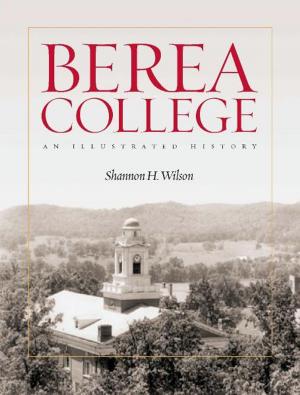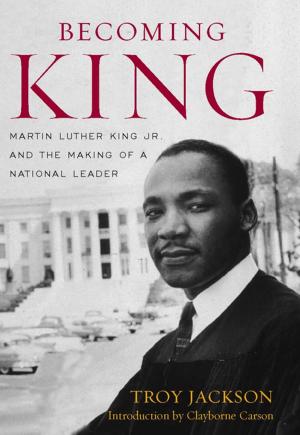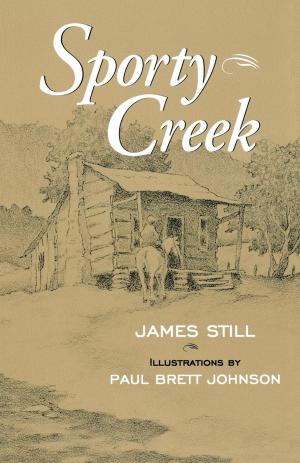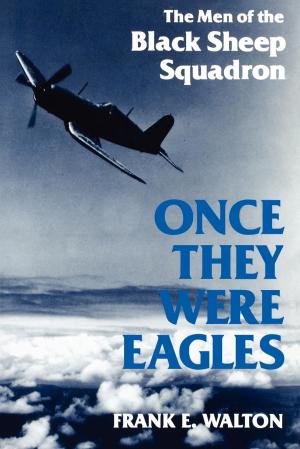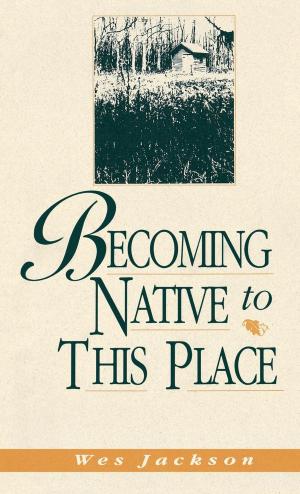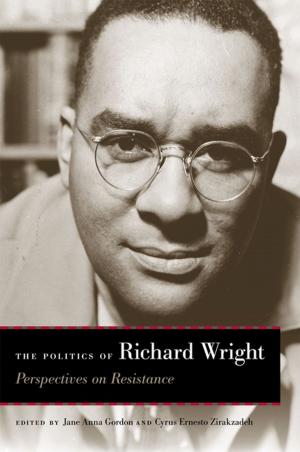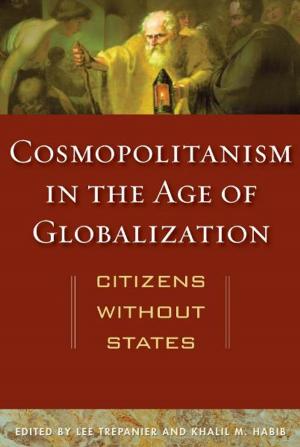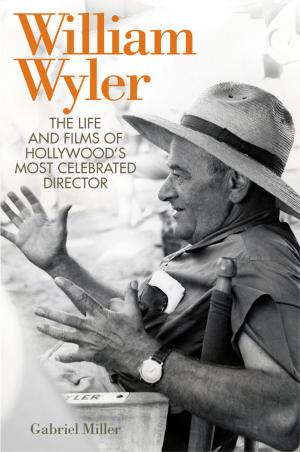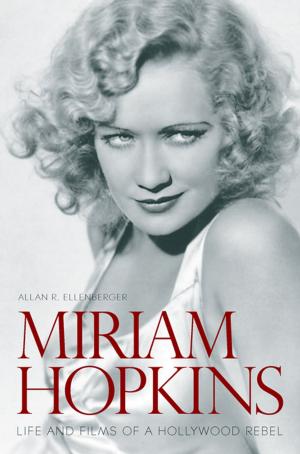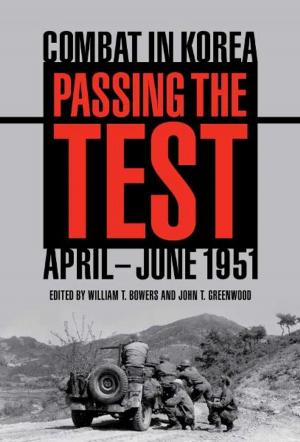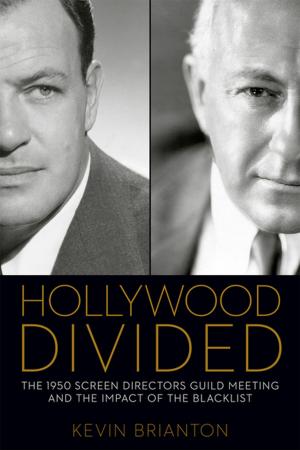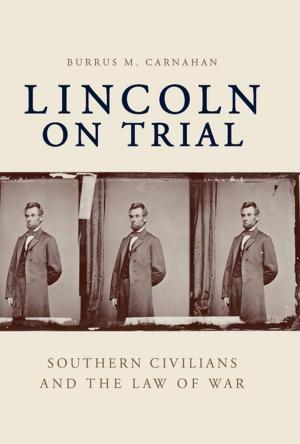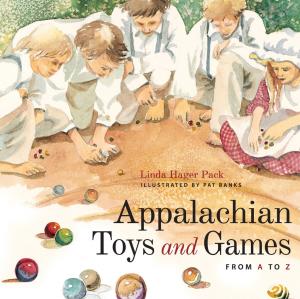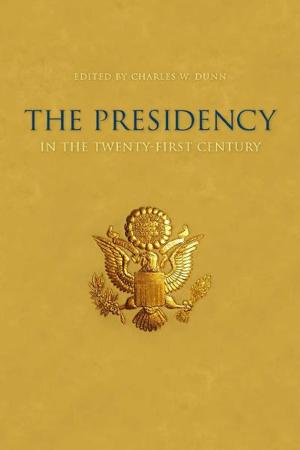Race, War, and Remembrance in the Appalachian South
Nonfiction, Social & Cultural Studies, Social Science, Sociology, Rural, History, Americas, United States| Author: | John C. Inscoe | ISBN: | 9780813138961 |
| Publisher: | The University Press of Kentucky | Publication: | September 29, 2010 |
| Imprint: | The University Press of Kentucky | Language: | English |
| Author: | John C. Inscoe |
| ISBN: | 9780813138961 |
| Publisher: | The University Press of Kentucky |
| Publication: | September 29, 2010 |
| Imprint: | The University Press of Kentucky |
| Language: | English |
Among the most pervasive of stereotypes imposed upon southern highlanders is that they were white, opposed slavery, and supported the Union before and during the Civil War, but the historical record suggests far different realities. John C. Inscoe has spent much of his scholarly career exploring the social, economic and political significance of slavery and slaveholding in the mountain South and the complex nature of the region's wartime loyalties, and the brutal guerrilla warfare and home front traumas that stemmed from those divisions.
The essays here embrace both facts and fictions related to those issues, often conveyed through intimate vignettes that focus on individuals, families, and communities, keeping the human dimension at the forefront of his insights and analysis. Drawing on the memories, memoirs, and other testimony of slaves and free blacks, slaveholders and abolitionists, guerrilla warriors, invading armies, and the highland civilians they encountered, Inscoe considers this multiplicity of perspectives and what is revealed about highlanders' dual and overlapping identities as both a part of, and distinct from, the South as a whole. He devotes attention to how the truths derived from these contemporary voices were exploited, distorted, reshaped, reinforced, or ignored by later generations of novelists, journalists, filmmakers, dramatists, and even historians with differing agendas over the course of the late nineteenth and twentieth centuries.
His cast of characters includes John Henry, Frederick Law Olmsted and John Brown, Andrew Johnson and Zebulon Vance, and those who later interpreted their stories -- John Fox and John Ehle, Thomas Wolfe and Charles Frazier, Emma Bell Miles and Harry Caudill, Carter Woodson and W. J. Cash, Horace Kephart and John C. Campbell, even William Faulkner and Flannery O'Connor. Their work and that of many others have contributed much to either our understanding -- or misunderstanding -- of nineteenth century Appalachia and its place in the American imagination.
Among the most pervasive of stereotypes imposed upon southern highlanders is that they were white, opposed slavery, and supported the Union before and during the Civil War, but the historical record suggests far different realities. John C. Inscoe has spent much of his scholarly career exploring the social, economic and political significance of slavery and slaveholding in the mountain South and the complex nature of the region's wartime loyalties, and the brutal guerrilla warfare and home front traumas that stemmed from those divisions.
The essays here embrace both facts and fictions related to those issues, often conveyed through intimate vignettes that focus on individuals, families, and communities, keeping the human dimension at the forefront of his insights and analysis. Drawing on the memories, memoirs, and other testimony of slaves and free blacks, slaveholders and abolitionists, guerrilla warriors, invading armies, and the highland civilians they encountered, Inscoe considers this multiplicity of perspectives and what is revealed about highlanders' dual and overlapping identities as both a part of, and distinct from, the South as a whole. He devotes attention to how the truths derived from these contemporary voices were exploited, distorted, reshaped, reinforced, or ignored by later generations of novelists, journalists, filmmakers, dramatists, and even historians with differing agendas over the course of the late nineteenth and twentieth centuries.
His cast of characters includes John Henry, Frederick Law Olmsted and John Brown, Andrew Johnson and Zebulon Vance, and those who later interpreted their stories -- John Fox and John Ehle, Thomas Wolfe and Charles Frazier, Emma Bell Miles and Harry Caudill, Carter Woodson and W. J. Cash, Horace Kephart and John C. Campbell, even William Faulkner and Flannery O'Connor. Their work and that of many others have contributed much to either our understanding -- or misunderstanding -- of nineteenth century Appalachia and its place in the American imagination.


